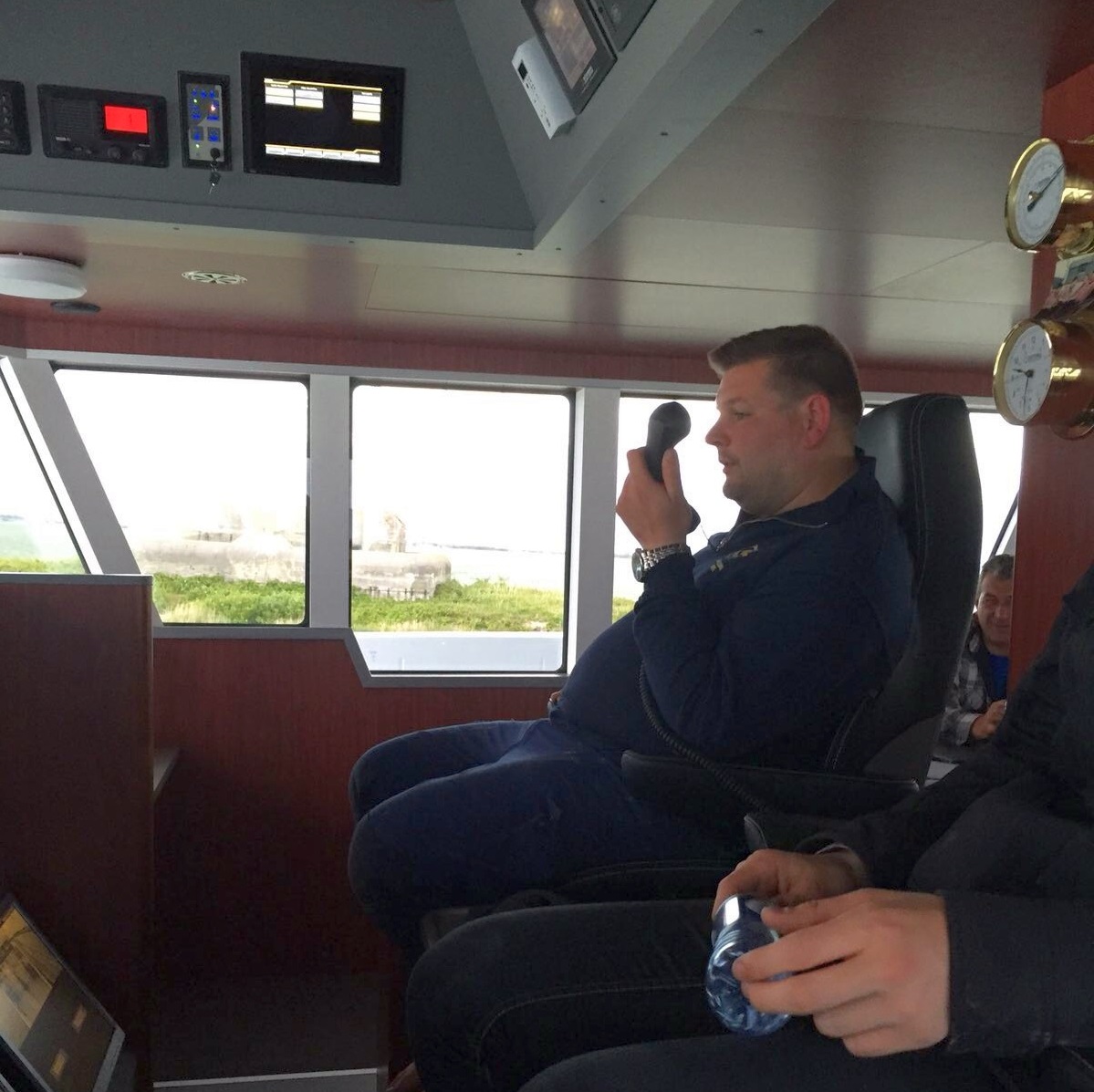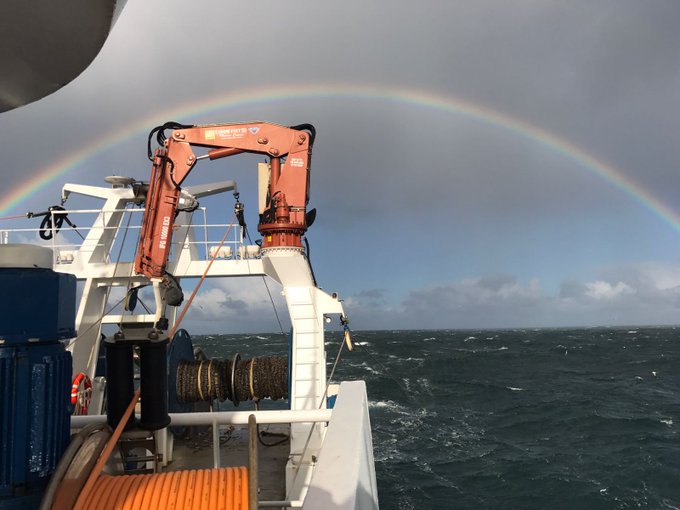Shocking or not?
"The European Parliament disadvantages Dutch fishermen on the basis of incorrect, manipulated information. This is stated by fisheries biologist Adriaan Rijnsdorp, who watched this week with bewilderment how a large majority of the European Parliament voted for a total ban on the so-called pulse fishery. 'If you serve a political goal with fake news, then you are dirty,' says the professor at Wageningen University.
With the pulse-forming method, fish from the bottom are startled with small electrical impulses, making them easy to catch. Dutch fishermen in particular have embraced this in recent years. To the anger of ailing French fishermen who claim that the Dutch are now emptying the sea. These fishermen recently closed a remarkable coalition with the French environmental organization BLOOM Association. According to BLOOM, any industrial way of fishing is bad and fish are electrocuted and injured by the pulse.
In the run-up to the vote on Tuesday, this newly formed coalition brought dancers to the European Parliament that portrayed electrocuted fish and distributed photos of fish that would have burned by the pulse method. The Dutch fisheries lobby took into account that the number of pulse cutters should be reduced from 20% of the total to 5%. That would be a black scenario. But in the end, what no one expected was happening: 400 of the 750 MEPs voted for a total ban. This makes it possible that the 84 Dutch cutters that fish with the pulse trawl will have to return to the old method in 2019.
A blow to the Dutch fishermen who wonder despairing where things went wrong. Adriaan Rijnsdorp's research shows that pulse sporeflies are less harmful to the environment than the old-fashioned beam trawling. The soil life is less disturbed and the cape cutters use almost fifty percent less fuel. With great amazement, Rijnsdorp has watched the counter-campaign. As an example, he mentions figures on back fractures in cod that are removed from his publications by BLOOM but are placed out of context. He also denounces the photos of fish with burn marks that were shown in the European Parliament. "These are old photographs of sick fish. No fish that have been burned by the pulse. That is a complete cake, " says Rijnsdorp
The Wageningen researcher is supported by ecology professor Michel Kaiser from Bangor University in Wales. "In their lobbying campaign, BLOOM and fishermen only used the figures that fit their negative story about pulse trawl fishing. That information is distorted, misleading and incorrect."
Full story from: Een Vandaag
Full story from: Een Vandaag
Post Brussel's decision (under heavy pressure from France and the UK) to ban pulse fishing - using electricity to stun fish in place of heavy chain link mats in beam trawls - a look back at a Newsnight story in August 2017.
On the 14th November 2017, Richard Benyon spoke about electric pulse fishing at the Parliament:
“My final point is to ask, please, in the remaining months for which we are in the EU, that we hold it to account to make sure that pulse fishing is banned. It is a bottom trawling system using electrical pulses and is not at all selective. I applaud the Bloom Association and other NGOs that are campaigning hard on it.”
“My final point is to ask, please, in the remaining months for which we are in the EU, that we hold it to account to make sure that pulse fishing is banned. It is a bottom trawling system using electrical pulses and is not at all selective. I applaud the Bloom Association and other NGOs that are campaigning hard on it.”
Report on pulse fishing talking to the industry.
The amendment was passed by 402 votes to 232, with 40 abstentions, and called for a total ban on the use of electric current for fishing.… READ MORE : http://www.euronews.com/2018/01/16/eu...





























